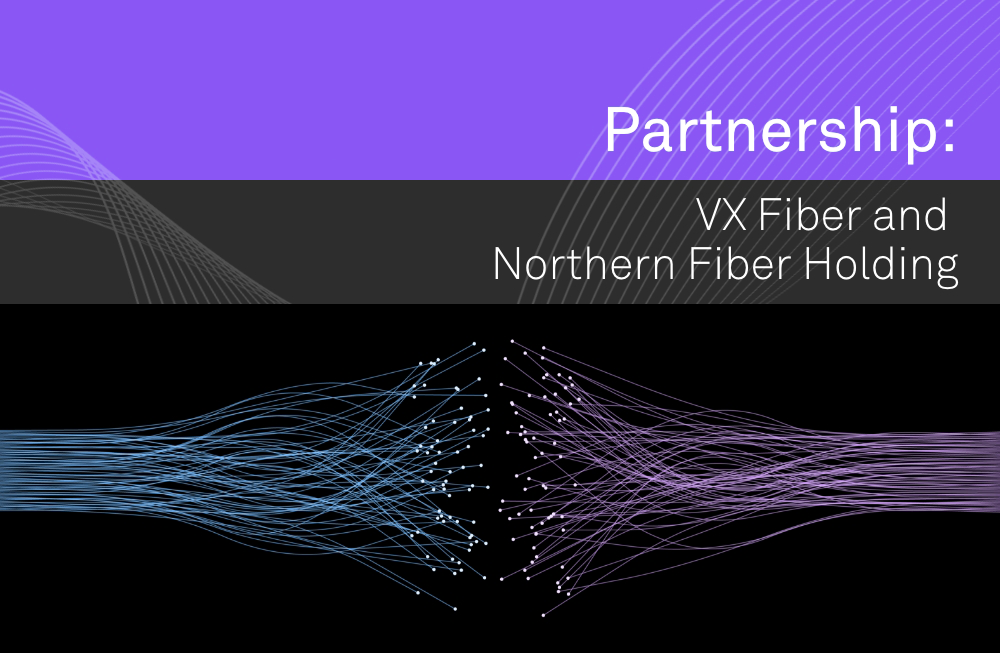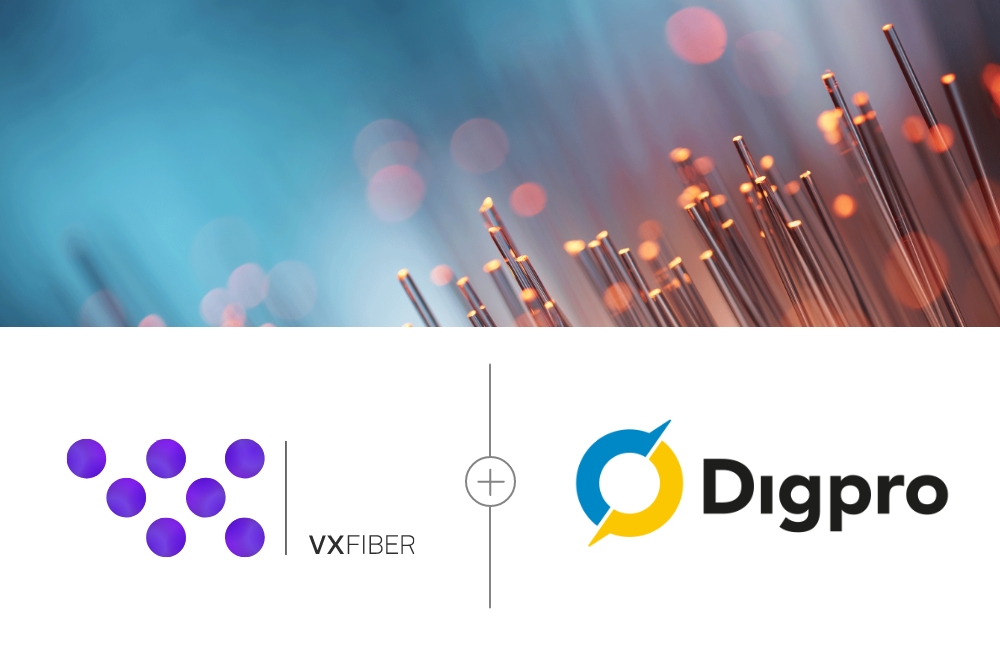Mikael Sandberg, Chairman, VX Fiber
The Covid-19 pandemic has had – and continues to have – an impact on all UK businesses, across all industries, but with varying degrees of complexity and magnitude. It is a situation that has called for quick, impactful changes guided by a commitment to protecting workers and the community at large. In ways large and small, the telecoms industry has stepped up to the plate.
Now, more than ever, the country is reliant on fixed-line and mobile communications. Which is why the telecoms industry was included as one of the critical sectors in the government’s regulations and legislation in response to dealing with the COVID-19 outbreak. After all, it is the companies within this industry that are working hard to not only carry out essential network maintenance and fault repairs, but also upgrade the UK’s digital infrastructure enabling it to deliver world-class internet connectivity.
The key-worker status has meant that the industry has been able to forge ahead with the roll-out of new full fibre networks, but with modifications that consider all tasks through a protection-orientated lens. The challenges that have been faced by this specific industry have predominately been concerned with day-to-day working practices. Which has meant that businesses have had to pivot to ensure they adapt working practices in a way that balance the UK’s ambition for connectivity, without compromising the health and safety of contractors, staff, customers and the general public.
The telecoms industry has been working closely with the government to ensure strict adherence to guidelines and directives. This has meant that any works involving network maintenance and fault repairs, customer repairs, network build and increasing network capacity have been able to continue as normal. Whilst most new installations in customer premises have been put on hold during the critical lockdown period, these are starting to be reinstated against stringent operating procedures. The industry is committed to ensuring that targets are not side-lined by the coronavirus crisis, so it is prepped and ready to get customers connected as soon as it safe to do so.
Working together is crucial to see us safely through this pandemic. For VX Fiber, collaboration has always been at the heart of operations. Our Open Access Model is by all accounts, in its very nature, a model based on unbundling the traditional model of telecoms infrastructure, enabling infrastructure owners such as real estate companies, utilities and local authorities to take charge of their digital destiny. With VX Fiber’s type of model, gigabit full fibre becomes a strategic infrastructure asset, along with bricks and mortar or other physical investments. In the context of telecommunications networks, “Open Access” typically means the access granted to multiple Service Providers to wholesale services over one physical network infrastructure. This enables Service Providers to reach the subscriber without the need to deploy a new fibre access network themselves.
In Stoke-On-Trent for example, VX Fiber has partnered with the City Council to deliver a government funded Local Full Fibre Networks (LFFN) Wave 3 project. Contracted to build and operate the infrastructure in the public domain, the city network itself (Stoke-on-Trent Private Optical Network) will be owned by Stoke-on-Trent City Council, whilst VX Fiber will further invest in the build of the necessary access infrastructure to connect the premises. The Open Access Network provides a neutral operating platform for Service Providers to offer their services to residents and businesses. VX Fiber does not sell services to subscribers, this is what our Service Provider partners do. https://www.vx.se/projects/stoke-on-trent/
This Open Access Model presents a scaleable opportunity for any local, regional or national Government to deploy a greater uptake of fibre, which in turn, will enable and support economic and socio-economic prosperity. Essentially, investment will open-up individual regional or local infrastructure projects to multiple external investors and power the country’s race to deliver universal gigabit-speed broadband.
The benefits are huge. Stoke-On-Trent City Council predicts that gigabit connections will create a £626m boost to the local economy over the next 20 years, by making firms more competitive, attracting inward investment and jobs, improving homes and more. And that’s just one area. In other words, on a wider scale, full fibre connectivity can put the UK in the best possible position to emerge from the coronavirus crisis, and will play a huge part in the path to recovery of both our economy and society as a whole.
The drive from the government, public and private sector has been a shining beacon in this crisis, and we are in a great position to facilitate the UK’s digital future. It’s true that Covid-19 has meant a pivot in priorities and even some obstacles in our path, but together, our goal hasn’t faltered. A gigabit-connected Britain remains well and truly in sight.






